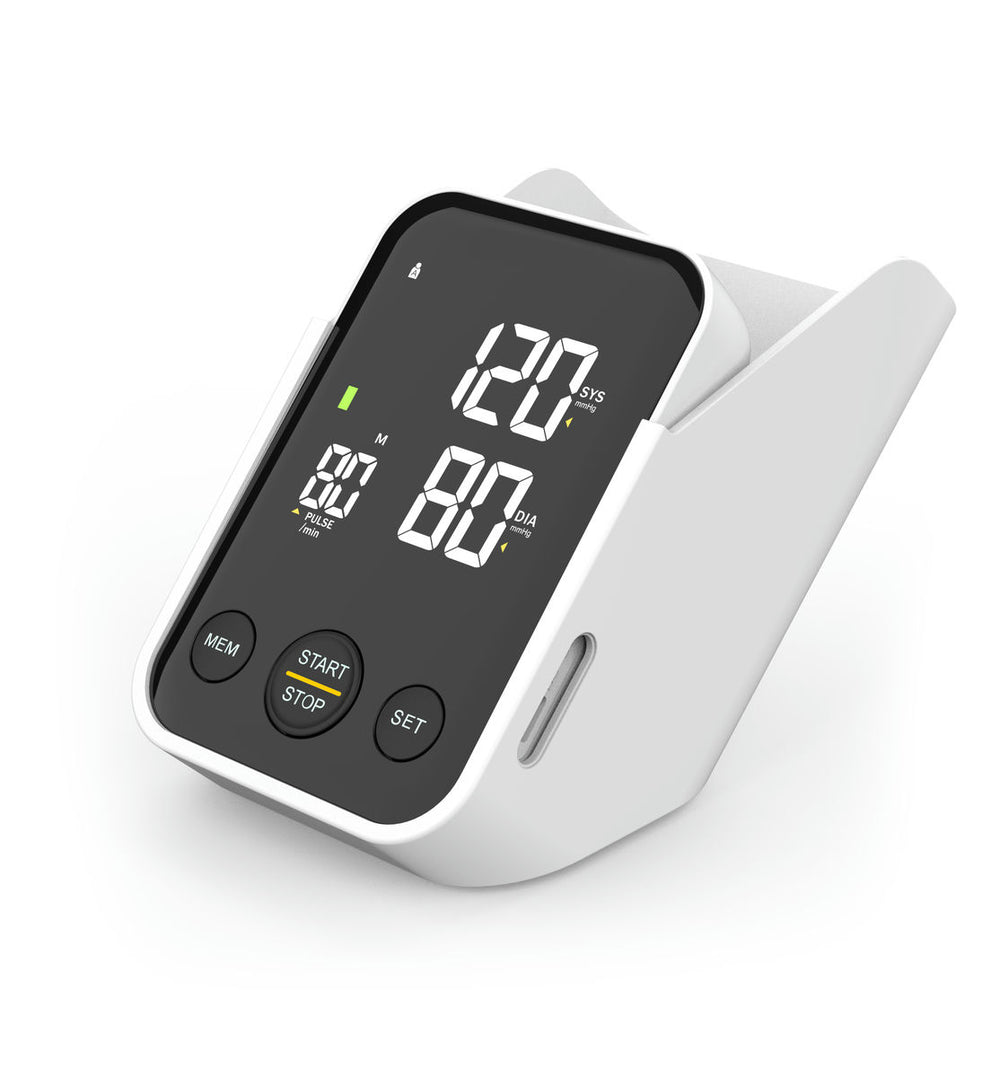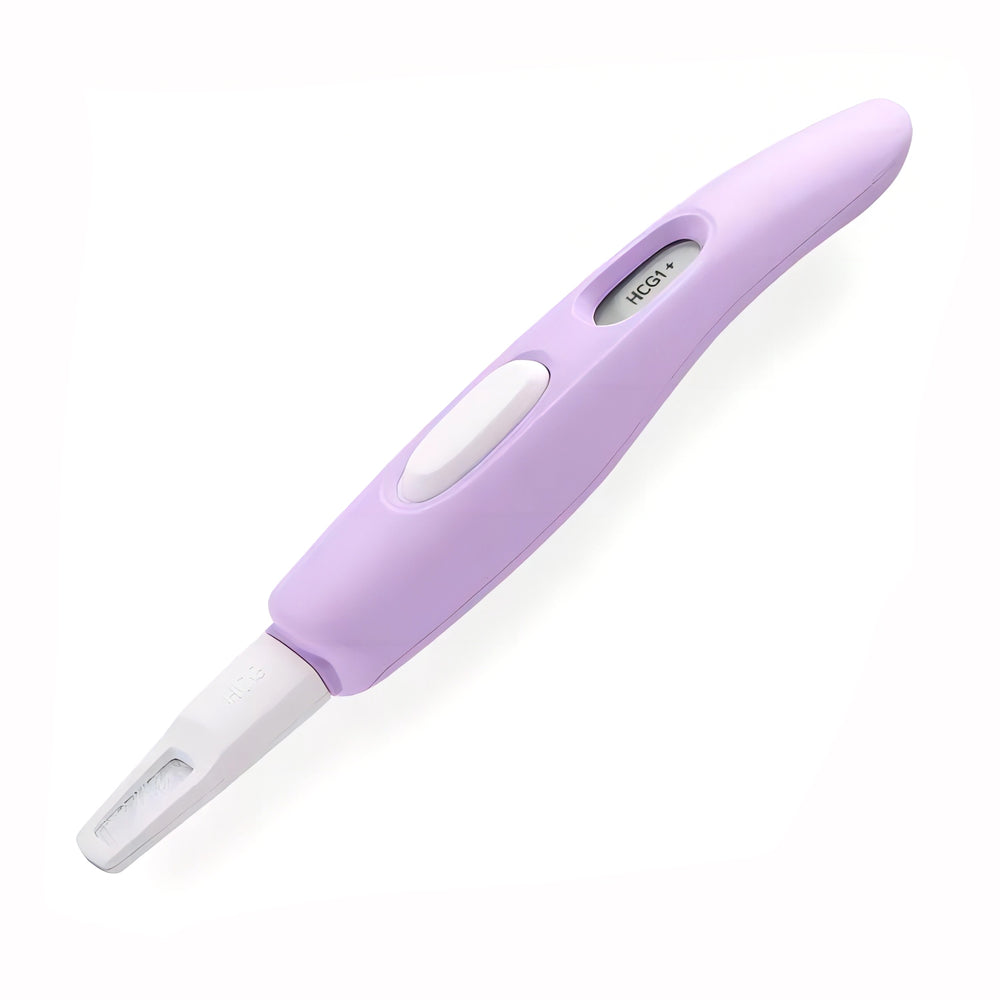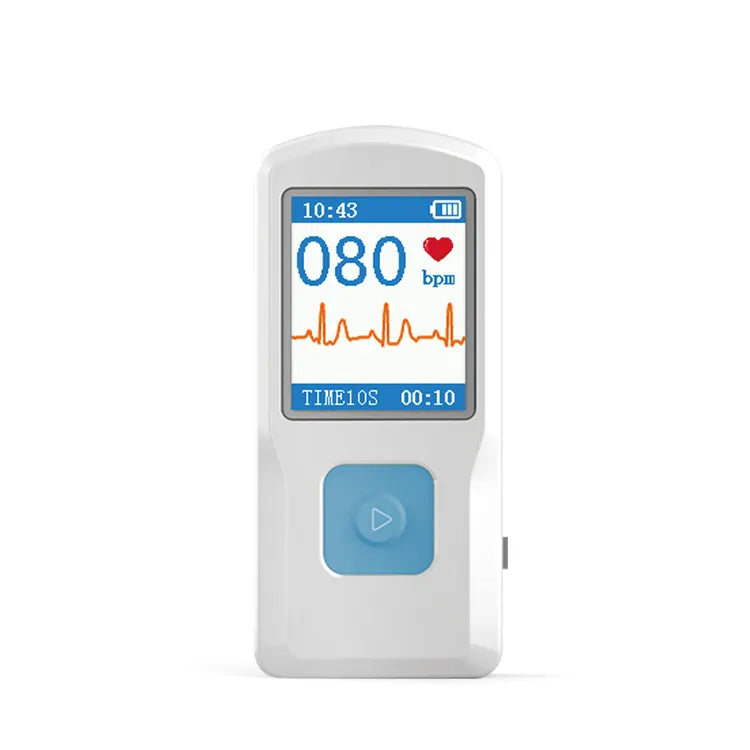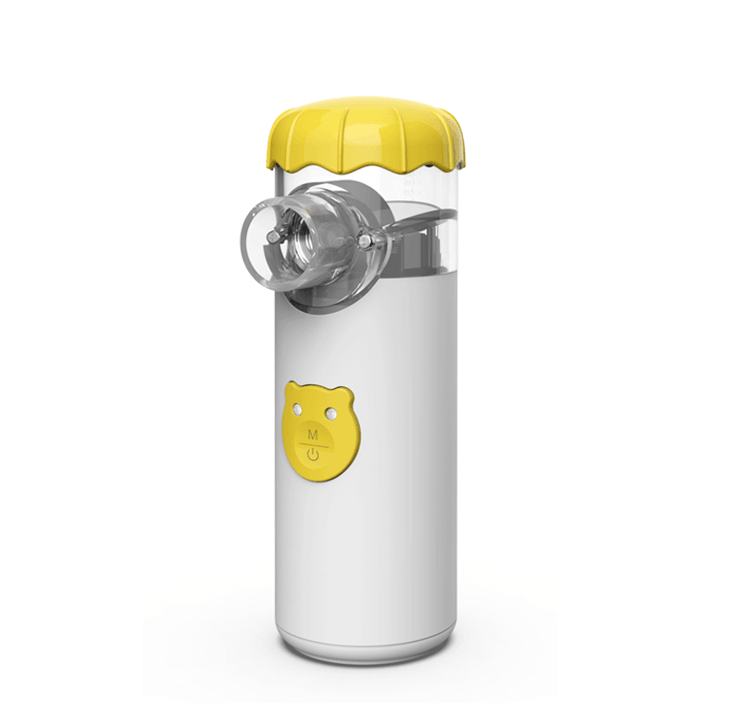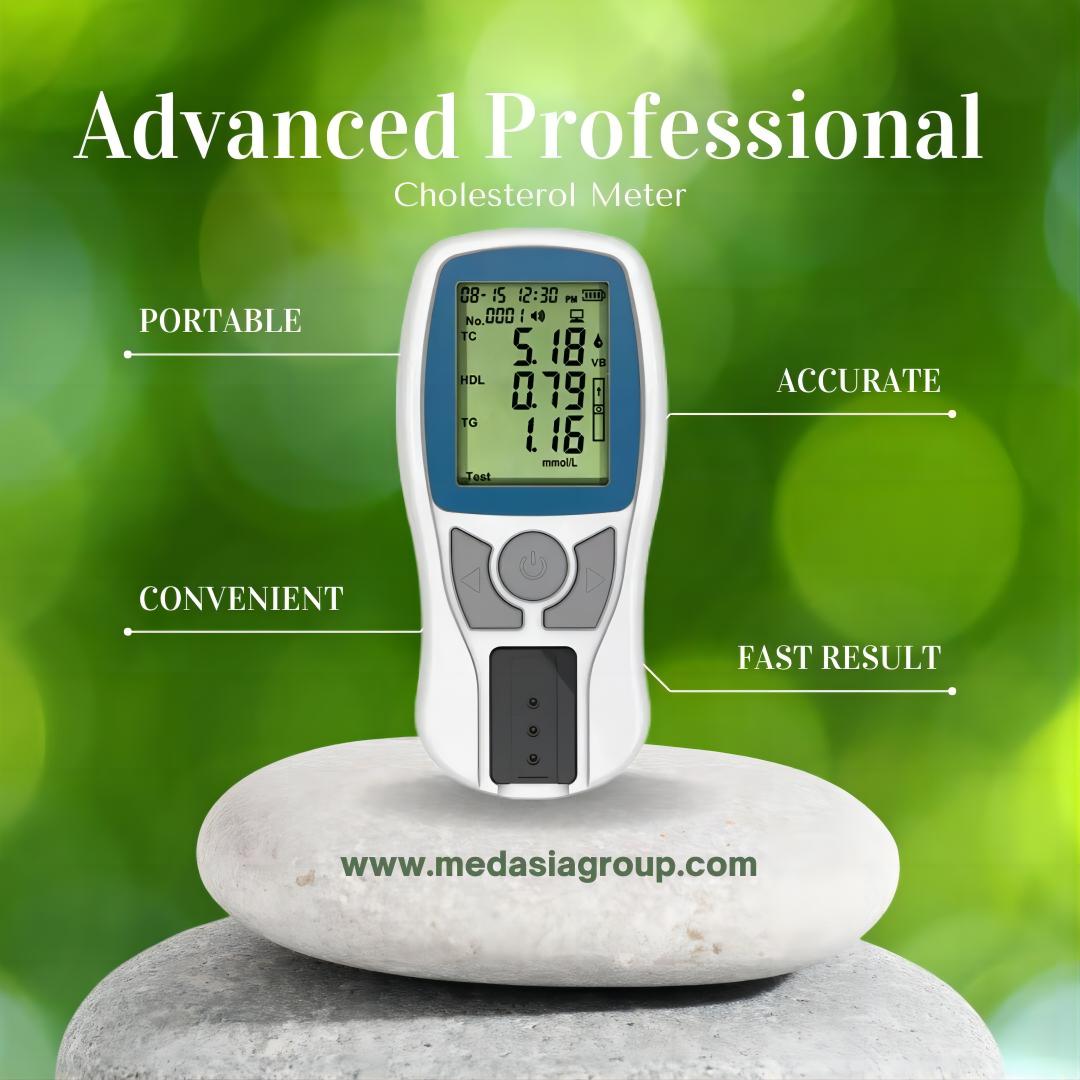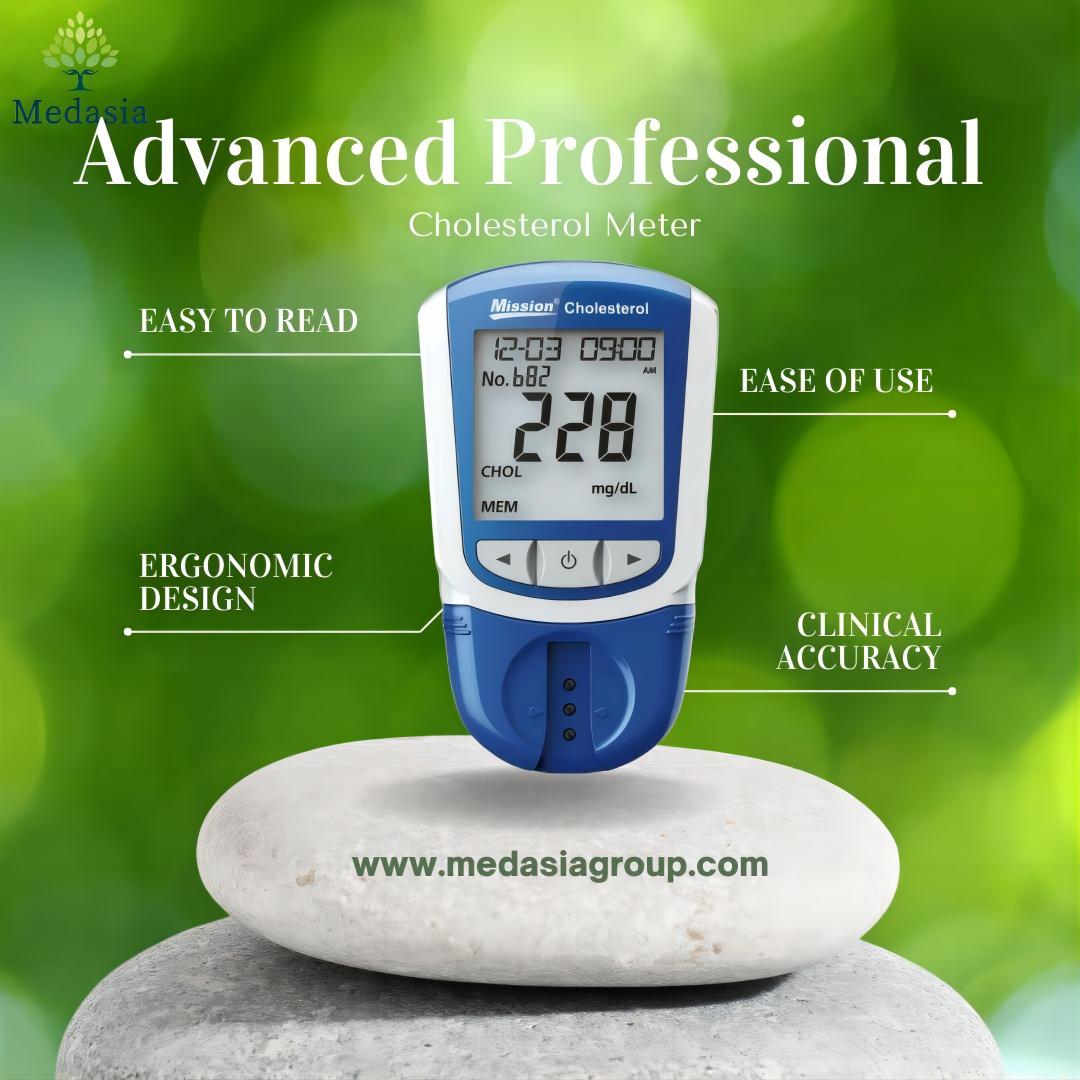The Science Behind It: How Mercury-Free Glass Thermometers Are Changing the Medical Industry

Exciting advancements in the medical field have led to the development of mercury-free glass thermometers, revolutionizing the way temperature is measured. With their accurate readings and eco-friendly design, these thermometers are changing the game for both patients and healthcare professionals.
Gone are the days of the hazardous mercury-filled thermometers that could potentially cause harm if broken. The science behind these new glass thermometers uses innovative technology to provide reliable and precise temperature measurements without the risk.
In addition to their safety benefits, mercury-free thermometers are also more environmentally friendly. By eliminating the use of mercury, these thermometers help reduce the impact on the environment and improve sustainability practices in the medical industry.
Whether it's for routine temperature checks or monitoring patients in a clinical setting, mercury-free glass thermometers offer a reliable and safe alternative. With their accuracy and eco-consciousness, these thermometers are transforming the medical industry and ensuring a healthier future for all. So say goodbye to mercury, and hello to a new era of temperature measurement.
The dangers of mercury thermometers
Gone are the days of the hazardous mercury-filled thermometers that could potentially cause harm if broken. Mercury, a toxic heavy metal, poses significant health risks when exposed to humans. Inhalation or ingestion of mercury can lead to severe health problems, including kidney damage, respiratory issues, and neurological disorders. The use of mercury thermometers also poses a risk to the environment, as improper disposal can contaminate soil and water sources.
Advantages of mercury-free glass thermometers

The science behind these new glass thermometers uses innovative technology to provide reliable and precise temperature measurements without the risk. These mercury-free thermometers are made with a special type of glass that contains no mercury or other toxic substances. This eliminates the potential health hazards associated with traditional mercury thermometers.
In addition to their safety benefits, mercury-free thermometers are also more environmentally friendly. By eliminating the use of mercury, these thermometers help reduce the impact on the environment and improve sustainability practices in the medical industry. This is especially crucial in healthcare facilities, where the proper disposal of mercury-containing devices can be challenging and costly.
Furthermore, mercury-free glass thermometers are designed to be durable and long-lasting, ensuring their reliability in various healthcare settings. They offer quick and accurate temperature readings, making them ideal for both routine temperature checks and monitoring patients in a clinical setting.
The technology behind mercury-free glass thermometers

The technology used in mercury-free glass thermometers is based on the principle of thermal expansion. When exposed to heat, the glass expands, causing the liquid inside the thermometer to rise. This expansion is measured using a scale marked on the glass, allowing for precise temperature readings. The absence of mercury does not affect the accuracy of the measurements, as the thermal expansion properties of the glass remain consistent.
To further enhance accuracy, some mercury-free glass thermometers incorporate digital sensors or infrared technology. These advanced features provide instant temperature readings and eliminate the need for waiting for the mercury column to stabilize. This saves time and ensures more efficient temperature monitoring, especially in busy healthcare environments.
Applications of mercury-free glass thermometers in the medical industry
Mercury-free glass thermometers have a wide range of applications in the medical industry. They are commonly used in hospitals, clinics, and home healthcare settings for measuring body temperature. These thermometers are suitable for all age groups, from infants to adults, and can be used orally, rectally, or axillary.

In addition to measuring body temperature, mercury-free glass thermometers are also used in laboratory settings for various scientific and research purposes. Their accuracy and reliability make them indispensable tools for conducting experiments, analyzing samples, and monitoring temperature-sensitive processes.
Comparing mercury-free glass thermometers to other temperature measurement devices
While mercury-free glass thermometers offer numerous advantages, it's important to consider other temperature measurement devices available in the market. Digital thermometers, for example, have gained popularity due to their ease of use and fast readings. These thermometers use electronic sensors to measure temperature and display the results digitally. They are often more expensive than mercury-free glass thermometers but offer convenience and additional features such as memory storage and fever alarms.
Infrared thermometers are another alternative for non-contact temperature measurement. These devices use infrared technology to measure the temperature of objects or individuals without physical contact. They are particularly useful in situations where contact thermometers are not feasible or when rapid temperature screening is required, such as in airports or large gatherings. However, infrared thermometers may not provide the same level of accuracy as mercury-free glass thermometers for precise medical applications.
Regulations and guidelines for mercury-free glass thermometers
The use of mercury-free glass thermometers is regulated by various international and national organizations. These regulations ensure that the manufacturing, labeling, and use of these thermometers comply with safety standards. For instance, the United States Food and Drug Administration (FDA) has guidelines in place to ensure the accuracy and safety of medical devices, including thermometers. Compliance with these regulations is essential to maintain the reliability and integrity of temperature measurements in healthcare settings.
Furthermore, healthcare professionals and users of mercury-free glass thermometers should follow proper guidelines for temperature measurement. This includes ensuring proper placement of the thermometer, following recommended measurement techniques, and interpreting the results accurately. Adherence to these guidelines ensures consistent and accurate temperature monitoring, leading to better patient care.
The future of temperature measurement in the medical industry
As technology continues to advance, the future of temperature measurement in the medical industry looks promising. Innovations such as wearable thermometers, smart devices, and remote monitoring systems are being developed to enhance patient care and improve healthcare outcomes. These advancements aim to provide real-time temperature data, enable continuous monitoring, and facilitate early detection of fevers or abnormalities.
Additionally, the integration of temperature measurement with electronic health records and telemedicine platforms allows for seamless data collection and analysis. This data-driven approach enables healthcare professionals to make informed decisions, identify trends, and provide personalized care to patients.
Case studies and success stories of using mercury-free glass thermometers

Numerous healthcare facilities and organizations have successfully transitioned to using mercury-free glass thermometers, experiencing the benefits firsthand. Case studies have shown improved patient safety, reduced environmental impact, and increased operational efficiency.
For example, a hospital in California implemented the use of mercury-free glass thermometers across all departments, eliminating the risks associated with mercury exposure. This initiative not only ensured the safety of patients and staff but also contributed to the hospital's sustainability goals.
In another case, a rural clinic in a developing country replaced traditional mercury thermometers with mercury-free glass thermometers. The clinic experienced improved accuracy in temperature measurement, enabling more effective diagnosis and treatment of patients. Furthermore, the elimination of mercury reduced the environmental impact and supported the clinic's commitment to sustainable healthcare practices.
The impact of mercury-free glass thermometers on healthcare

Mercury-free glass thermometers have transformed the medical industry by providing a safer and more sustainable alternative for temperature measurement. The elimination of mercury reduces health risks for patients and healthcare professionals while also minimizing environmental pollution. The accuracy and reliability of these thermometers make them indispensable tools in healthcare settings, ensuring optimal patient care.
As the demand for eco-friendly and reliable temperature measurement devices continues to grow, mercury-free glass thermometers are poised to become the standard in the medical industry. With ongoing advancements in technology and increasing awareness of the hazards of mercury, these thermometers are paving the way for a healthier and more sustainable future. So say goodbye to mercury, and hello to a new era of temperature measurement.
Explore More Blogs of Products
The Promising of Cholesterol Testing
What Advantages Of A Portable Mesh Nebulizer?
Hemoglobin Meter: Let's help people to monitor anemia
How to choose a better digital thermometer
Digital Pregnancy Test : Assisting Couples in Conceiving
Portable Fetal Doppler: Bonding with Your Baby
Reference
Velzeboer SC, Frenkel J, de Wolff FA. A hypertensive toddler. Lancet. 1997;349:1810.
WE RECOMMEND
Related posts
- Subscribe MedInsights
- Subscribe MedInsights
- Subscribe MedInsights
- Subscribe MedInsights
- Subscribe MedInsights


